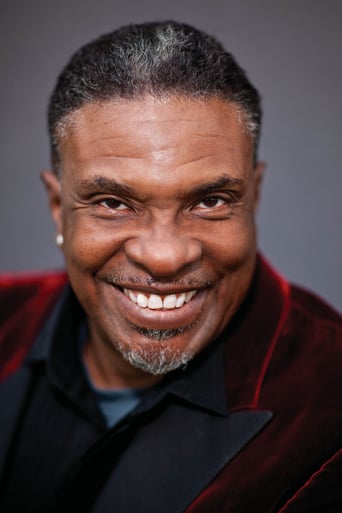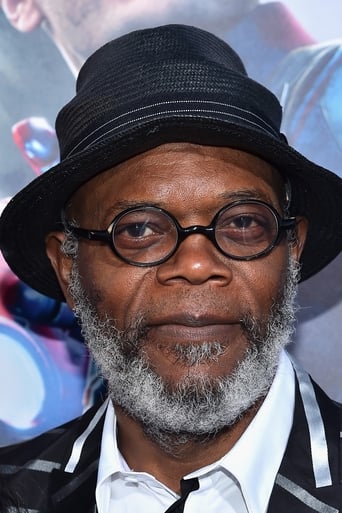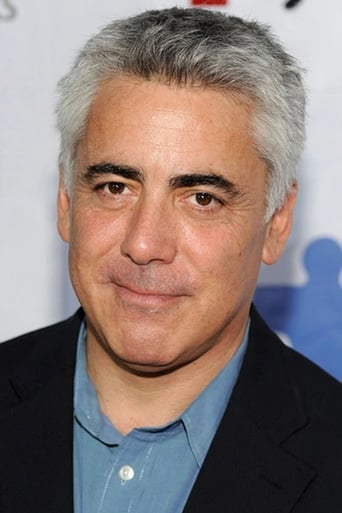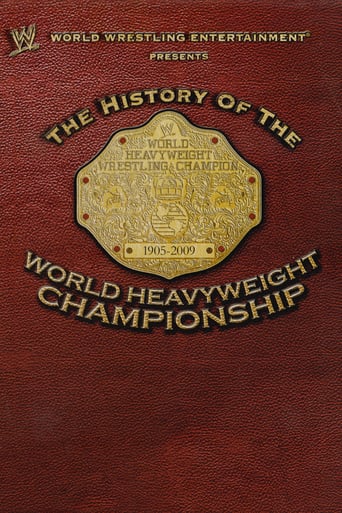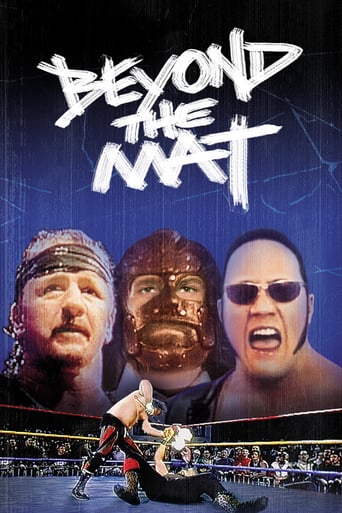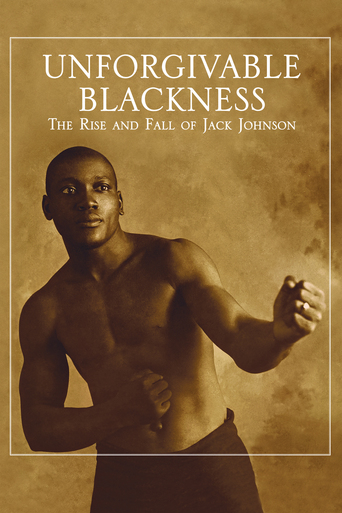
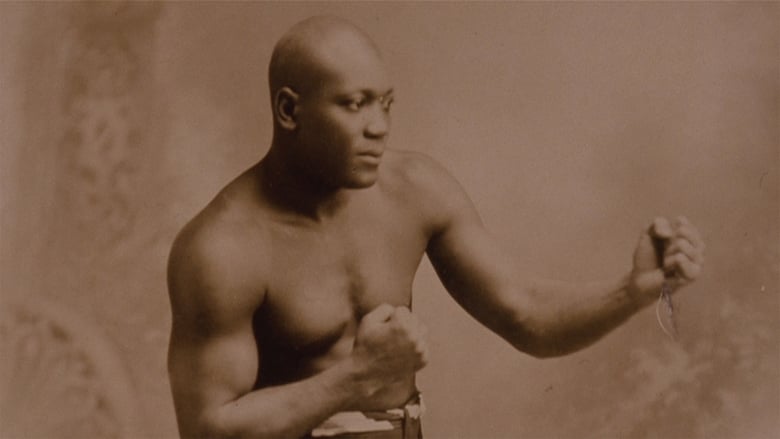
Unforgivable Blackness: The Rise and Fall of Jack Johnson (2004)
The story of Jack Johnson, the first African American Heavyweight boxing champion.
Watch Trailer
Cast
Similar titles
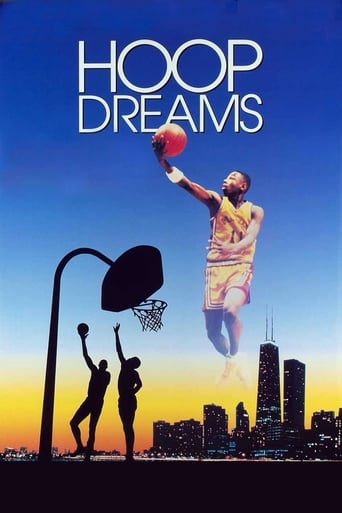
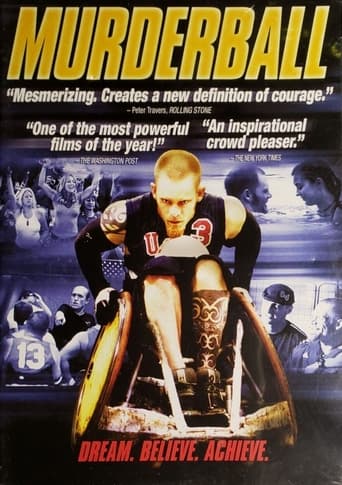
Reviews
Very best movie i ever watch
People are voting emotionally.
A Masterpiece!
There are moments in this movie where the great movie it could've been peek out... They're fleeting, here, but they're worth savoring, and they happen often enough to make it worth your while.
Along with a compelling portrait of the first black World Heavyweight Boxing Champion, "Unforgivable Blackness" presents a dynamic history of America at the turn of the Twentieth Century and the prevalent attitudes toward race relations only a half decade removed from the Civil War. In his quest to become champion, Jack Johnson infuriated white America by the way he lived his life, and at certain points, managed to earn the enmity of fellow blacks as well while consorting with white women and living a flagrant lifestyle. Most remarkable, to me at least, was the actual boxing footage from the early 1900's, preserved to an astonishing degree while presenting Johnson's skill in the ring and his ever apparent smile while destroying opponents and challenging the world to accept his equanimity in the face of physical and verbal abuse. When one thinks about it, it's probably a miracle that the man survived his near decade as champion without enduring an assassination attempt. At nearly three and a half hours, Ken Burns has once again done his homework in presenting a narrative that's as compelling as any drama, and offers a rich history for sport and history buffs alike.
The one thing that did surprise me about this otherwise impressive documentary that Ken Burns put together about Jack Johnson was that he did not use some archival recordings of Jack Johnson and for that matter Jess Willard's voice. Both are available, in fact on one of my vinyl LPs I have them. In the case of Johnson, Samuel L. Jackson captured both his voice and inflections of attitude quite well.When Joe Louis became heavyweight champion it was as much a milestone for racial equality as Jackie Robinson integrating professional baseball. Louis was a man conscious of what this country was around him as was Robinson and sought to become a hero to all. When he knocked out Max Schmeling in that second fight he did just that.Jack Johnson was a man born in a much harder and crueler time when black Americans may have been freed from slavery, but not from the attitudes that engendered it. He was the best at his sport, he knew it and he made sure everyone else knew it. It was only in 1967 that miscegenation laws were finally done away with by the Supreme Court, but in the years Johnson was in his boxing prime they were enforced with a vengeance. It galled a large section of white America that saw him keep public company with white women and even more that he beat just about every challenger black and white thrown at him.Looking at the Johnson-Jeffries fight of 1910 to me it's almost unfathomable that people could have invested so much in Jeffries in their racist hopes. Jim Jeffries licked all before him when he retired in 1905 undefeated in the ring. Probably had he taken on Johnson and such other black contenders like Sam Langford, Joe Jeanette, and Sam McVey he might well have beaten them. But the Jeffries who had been out of the ring for almost six years was never going to take on Jack Johnson in his prime. If anyone bothered to filter through all the racial crap and examined the situation logically no one would have bet on Jeffries.James J. Corbett another former champion who Jeffries beat twice in comeback attempts and who worked to train Jeffries for the bout was accused of racism. Probably so, he like many tossed a lot of racial epithets to get Johnson to lose his cool in the ring, but Burns mentions that Tom Corbett, Jim's brother was the chief bookie for bets on the fight in Reno. There was barely any money bet on Johnson, so the Corbett family may have had racial sympathies with Jeffries, but they would have cleaned up on all the money bet on Jeffries with them.When Johnson did lose to Jess Willard in 105 degree heat in Havana in 1915, he was passed his prime also and the years of high living cost him, probably put him passed his prime a lot sooner than he would have gotten there. Still seven years is a long time to be a boxing champion in any division. I remember as a kid when film of the Willard-Johnson fight were discovered, having thought to have been lost for years, Jess Willard was still alive and somewhat vindicated that he in fact won a clear victory despite all the rumors that Johnson had thrown the fight. It was 26 rounds in that tropical heat and Willard just outlasted Johnson, the same Johnson outlasted an over the hill Jim Jeffries.Why the heavyweight division was so racially sacrosanct was still a mystery. Joe Gans and Lampblack Joe Walcott were lightweight and welterweight champions at the time Johnson was champion and while life was no bed of roses for either of them, they never encountered the animosity that Johnson faced. He did in fact not fight those boxers I mentioned before when he won his title. The white champions didn't fight for racial reasons, but Johnson wouldn't fight them because they wouldn't draw any kind of gate. Sad, but he was right on the economics.It was also mentioned that he wanted to fight Jack Dempsey in the Twenties. Quite frankly if he couldn't take Willard, he would have been slaughtered by Dempsey in his prime. But Dempsey also refused to fight a great black heavyweight named Harry Wills who was left begging for a title shot and Wills would have been a match. The first black on black heavyweight title fight was when Joe Louis fought John Henry Lewis for the title in the late Thirties.Jack Johnson was a man out of his time as much as Joe Louis was a man of his. When Muhammed Ali came to the fore a lot of boxing fans and historians were taking a second look at Johnson and giving him is long overdue due. A lot of people say he was the greatest heavyweight champion of all time and one can make a great case for it.Which is what Ken Burns did in this extraordinary documentary.
Those looking for a sports documentary will be keenly disappointed. By relying on a ridiculously small number of commentators and sources, Ken Burns has put together a four hour indictment of white America for its past racism and intolerance. The sources not only are limited in number but only one of them--he late Burt Sugar--could claim real familiarity with boxing. And never was there anyone so in love with sound of his own voice. The man simply cannot shut up.The rest all are far-left hacks like Village Voice journalist Jack Newfield or like Stanley Crouch racial militants with nothing relevant to contribute but with a heavy political agenda leading to some very warped judgments about the era in which Jack Johnson lived and the man himself. While Jack Johnson was a great heavyweight, a real genius inside the ring, outside of it he was in no way the icon of racial struggle he is portrayed as here. Any comparisons to Muhammad Ali are far off base.Mike Tyson is the closest parallel with, below the waist, some Tiger Woods into the bargain, and while professional boxing recovered from Jack Johnson with great sportsmen like Gene Tunney and Joe Louis to later hold the title, Tyson has left such a bad smell that the prize ring probably will never recover its former luster.
As the author of a biography about Canadian heavyweight champion Tommy Burns, I can tell you Unforgivable Blackness didn't tell the whole story by portraying Tommy as a racist who had to be badgered into fighting Jack Johnson. Until Tommy Burns came along, all the heavyweight kings had been white Americans who openly drew the so-called 'colour line,' refusing to fight blacks. Tommy, who fought seven African-American boxers on his way up, announced the day that he won the title that he would take on all comers, regardless of race or religion. Among other things, Tommy Burns did the following: * Break the colour line by becoming the first white champ to fight a black boxer (Jack Johnson). * Become the first champ to give a Jewish boxer (Joseph Smith) a crack at the title. * Married a black woman. * Hire two black sparring partners. * Befriend and socialize with black fighter Billy Woods. Tommy Burns was a racist by the standards of 2007, often using the 'n' word in interviews. But by the standards of his era, he was a very progressive individual. And although director Ken Burns doesn't acknowledge it in his otherwise very good film, if it wasn't for Tommy Burns, no one alive today would know or care who Jack Johnson was. Dan McCaffery, author, Tommy Burns: Canada's Unknown World Heavyweight Champion
